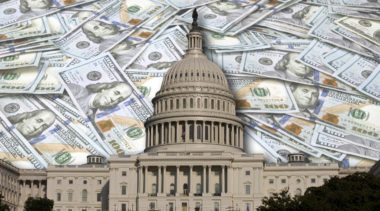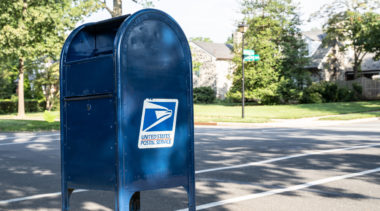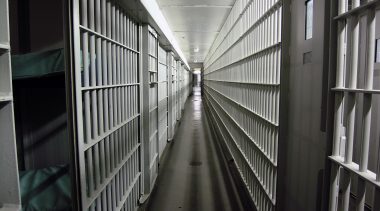Austill Stuart is formerly the director of privatization and government reform at Reason Foundation.
Prior to joining Reason, Stuart worked in a variety of settings, including at non-profits, on Capitol Hill, and in fundraising. Before moving to the D.C. area in early 2009, he worked for five years in the financial services industry.
Stuart earned his B.S. in economics from Auburn University and M.A. in economics at George Mason University.
-
Biden’s Executive Order On Private Prisons Doesn’t Solve Any Problems
The US should use performance-based contracting tied to reducing recidivism.
-
A Landmark K-12 Education Public-Private Partnership
A private consortium will design, build, finance, and maintain six new K-12 schools in Prince George's County for 30 years.
-
Biden’s Misguided Federal Prison Executive Order
The Biden administration is moving to phase out the use of private prisons at the federal level.
-
Montana Should Prioritize Recidivism Reduction Programs in Prison Contracts
Awarding funding to contracted correctional facilities based on recidivism-reduction efforts would lead to long-term cost savings.
-
California’s Ongoing Battle Against Uber and Lyft Hurts Customers and Drivers
Even during a pandemic and recession, the state continues to defend Assembly Bill 5.
-
The Federal Budget Process Needs Structural Change
To restore fiscal sustainability while making needed investments, like rebuilding the nation's infrastructure, the federal government needs to consider structural budget changes.
-
Ending the US Postal Service’s Monopolies Would Better Serve Citizens
Most of the USPS' work can now be more efficiently handled by private competitors.
-
Private Sector Water Management Solutions Help Governments Deliver Affordability and Reliability
Governments are usually ill-equipped to manage the changes and risks associated with operating and maintaining water systems by themselves.
-
How Boston’s Transit System Would Benefit From Reducing Privatization Restrictions
Contracting out transit services not only saves taxpayers and riders money, but has also been shown to improve service quality and safety.
-
A Bailout Won’t Fix the U.S. Postal Service
The USPS lost about $78 billion from 2007 through 2019 due to declining mail volumes and increased costs.
-
As Retail Industry Struggles, Cities Can Encourage Commercial-to-Residential Property Conversions
To help avoid business closures and building vacancies, cities should reduce unnecessary restrictions that may prevent businesses from adjusting to the realities of the pandemic.
-
To Help Fight Coronavirus, States Can Eliminate Alcohol Rules Preventing Homemade Hand Sanitizer
Many states prohibit the sale of grain alcohol in concentrations high enough for homemade alcohol-based hand sanitizers to be effective.
-
In Early Stages of Coronavirus Fight, the Private Sector Was Ready to Help, But the Federal Government Didn’t Let It
Instead of quickly tapping the private sector to develop and conduct tests, the federal government prevented it from doing so. Weeks, and lives, were lost as a result.
-
Harrisburg’s Water and Wastewater Systems Need Major Investment
With the aging system's poor environmental conditions spilling billions of gallons of sewage, selling or leasing the city’s water systems appears the best way to solve the problems.
-
Using Incentives In Contracts Can Help Reduce the Health Care Problems In Jails
Well-designed private prison contracts can be used to reduce prison populations, provide quality health care to inmates, and produce education and training programs to help people re-enter society.
-
Municipalities Use Public-Private Partnerships to Replace Aging Water Systems
Private sector expertise is going to be needed to play a key role in replacing and expanding America’s water infrastructure while keeping rates affordable for customers.
-
Ending Halfway House and Corrections Contracts Without a Backup Plan Is a Bad Deal For All
The Denver City Council’s focus should be on helping people get the skills and training they need to successfully re-enter society and stay out of jail rather than its focus on whose name is on the facilities.
-
Nashville Paused Its Private Parking Deal, But the Problems Remain
Facing political pressure, Nashville Mayor David Briley pulled a proposed $325 million deal with LAZ Parking to expand, finance, operate, and upgrade the city’s street parking.


















